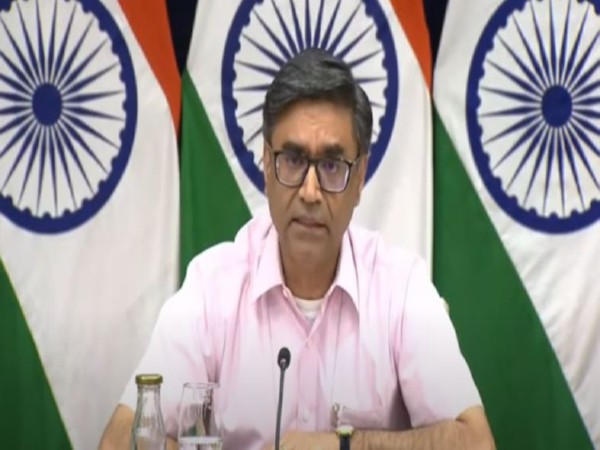Pakistan general elections most predictable, most rigged: Former High Commissioner Ajay Bisaria
Feb 08, 2024

Islamabad [Pakistan], February 8 : Former Indian High Commissioner to Pakistan Ajay Bisaria has said the Pakistan general elections are the most predictable, the most rigged.
"These elections on February 8 are not just the most predictable, but also the most rigged, because it's clear for everyone in Pakistan, if you see the commentary that is coming from within Pakistan, that the election results are clear, that the army in various ways is doing pre-election engineering, it will probably do some election engineering and post-election engineering to get a government that it wants in place," Bisaria said.
"It is said that it will possibly be a selection of Nawaz Sharif and his Pakistan Muslim League (N) (PML-N) party. So I think that is a widespread expectation, and that's fairly accurate," Bisaria added.
Meanwhile, more than 17,000 candidates are contesting today's elections in Pakistan, Dawn reported.
Voters will elect 266 candidates to the Pakistan National Assembly, who will later, by a majority vote, elect the next prime minister.
Simultaneously, voters will also elect representatives to their respective provincial assemblies, who will then elect the provincial chief executives under a similar process.
Elections have been postponed in one national and three provincial assembly constituencies due to the deaths of contesting candidates. This includes NA-8 (Bajaur), PK-22 (Bajaur), PK-91 (Kohat) and PP-266 (Rahim Yar Khan). Voters elsewhere will cast two votes each -- one for each of the two assemblies.
In all, 17,816 candidates are in the running, of which 12,695 will be contesting for provincial assembly seats and 5,121 for the National Assembly, as per Dawn.
They include 16,930 males, 882 females and four transgender persons. Of these, 6,031 candidates -- 5,726 males and 275 females -- are contesting on a political party's ticket. The remaining 11,785 are contesting as independents, of which 11,174 are males, 607 females and four transgender persons.



















